The tragedy is when you've got sex in the head instead of down where it belongs

The tragedy is when you've got sex in the head instead of down where it belongs
David Herbert Lawrence, known for his controversial and provocative works, often delved into the complexities of human relationships and sexuality. In his novel "Lady Chatterley's Lover," Lawrence explores the theme of sex and its place in society, particularly in the context of class and social norms. The quote "The tragedy is when you've got sex in the head instead of down where it belongs" encapsulates Lawrence's belief that sex should not be confined to the realm of the mind, but rather should be a physical and emotional experience that is deeply connected to the body.Lawrence was a firm believer in the power of physical intimacy and its ability to transcend societal constraints and class distinctions. In "Lady Chatterley's Lover," the protagonist, Lady Constance Chatterley, finds herself in a loveless marriage with her wealthy, aristocratic husband. She is drawn to the gamekeeper, Oliver Mellors, who represents a more primal and authentic form of masculinity. Lawrence portrays their relationship as a means of breaking free from the constraints of society and embracing a more natural and fulfilling form of love.
The quote also speaks to Lawrence's belief in the importance of connecting with one's physical desires and instincts. In a society that often represses and shames sexuality, Lawrence argues that embracing one's sexual desires is essential for personal fulfillment and self-discovery. By relegating sex to the realm of the mind, individuals deny themselves the opportunity to fully experience the pleasures and joys of physical intimacy.
Overall, Lawrence's quote highlights the tragic consequences of denying one's physical desires and relegating sex to a purely intellectual or societal construct. In his works, Lawrence challenges readers to confront their own attitudes towards sex and to embrace the power of physical intimacy as a means of connecting with oneself and others on a deeper level.

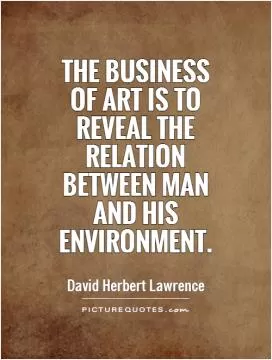

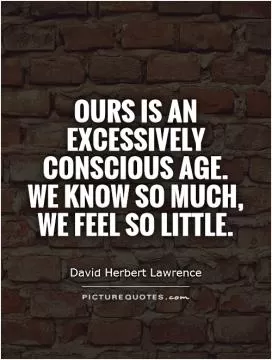


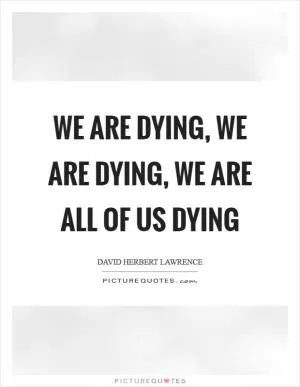


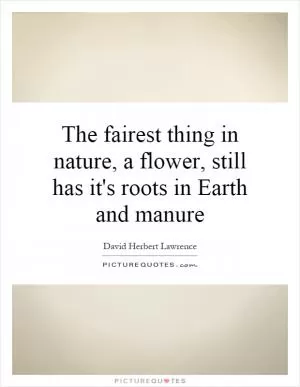
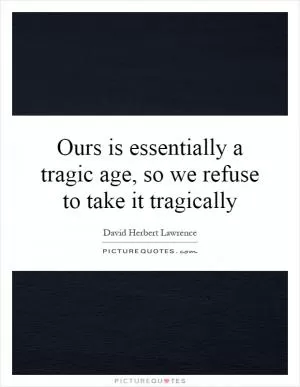

 Friendship Quotes
Friendship Quotes Love Quotes
Love Quotes Life Quotes
Life Quotes Funny Quotes
Funny Quotes Motivational Quotes
Motivational Quotes Inspirational Quotes
Inspirational Quotes